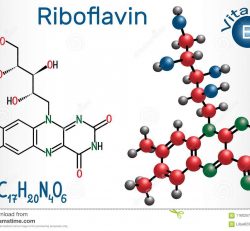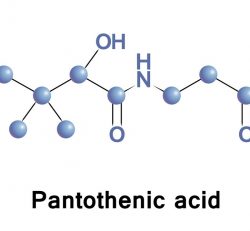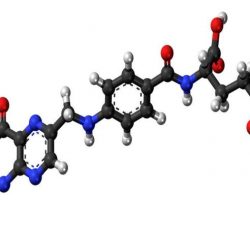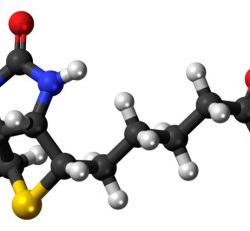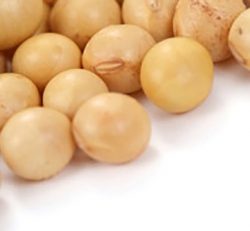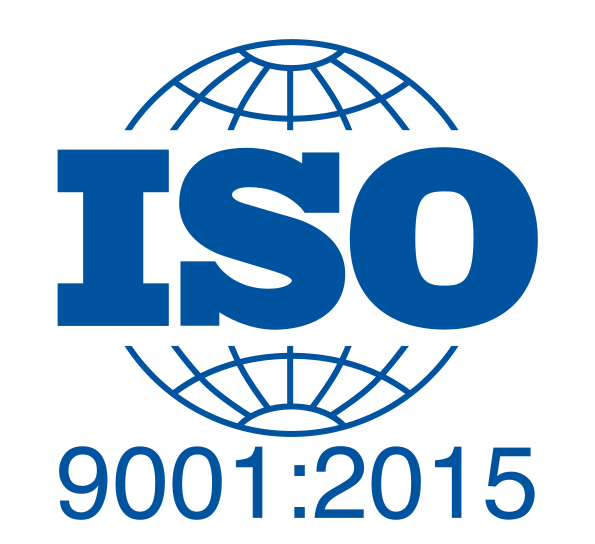GLOBAL FOOD PRICES SHOW DECLINE THROUGH OCTOBER
International food commodity prices dipped in October, as falling dairy, meat and vegetable oils prices more than offset a surge in sugar prices, the United Nations said today
The FAO Food Price Index, a measure of the monthly change in international prices of a basket of food commodities, averaged 163.5 points in October, down 0.9 percent from September and 7.4 percent below its level a year earlier.
The FAO Dairy Price Index led the overall decline, slipping 4.8 percent from the previous month and 34 percent below the peak reached in February 2014. The weaker prices reflect increased export supplies across all major dairy products, especially from New Zealand.
The FAO Meat Price Index declined 2.0 percent from September, with ovine, pig, bovine and poultry meat all posting drops due mostly to abundant export supplies.
The FAO Vegetable Oil Price Index fell by 1.5 percent, its ninth consecutive monthly drop, to reach its lowest level since April 2009. The latest slide was mostly driven by sluggish global import demand for palm oil and large inventories held by the commodity’s major exporting countries. International soy oil prices increased slightly.
The FAO Cereal Price Index rebounded, rising 1.3 percent from September, mostly due to firmer maize quotations from the United States of America. Rice prices, by contrast, fell, partly influenced by currency movements weighing on Japonica and fragrant varieties.
The FAO Sugar Price Index surged 8.7 percent, mostly as a result of negative climate-related production prospects in India and Indonesia as well as indications of an increasing share of Brazil’s sugarcane output being used to produce ethanol.
World cereal output forecasts raised
FAO has also raised its forecast for global cereal production in 2018 to 2 601 million tonnes, primarily due to higher estimates for wheat production in Canada and China. Nonetheless, the new forecast remains 2.1 percent below the record level achieved in 2017.
Global rice output this year is expected to surpass last year’s all-time high by 1.3 percent, reaching 513 million tonnes, according to FAO’s latest Cereal Supply and Demand Brief, also released today.
World wheat production in 2018 is now forecast at around 728 million tonnes, marking a 4.3 percent decline from the previous year. Winter wheat crops, to be harvested in 2019, are currently being sown in the Northern Hemisphere, while in the European Union, the United States and India generally remunerative prices are expected to stimulate an increase in plantings.
Worldwide output of coarse grains is forecast at 1 360 million tonnes, a 2.2 percent drop from 2017. Coarse grain crops are currently being planted in the Southern Hemisphere countries, and early prospects indicate an expansion in maize plantings in South America.
FAO expects world cereal utilization to rise by 0.2 percent to a record 2 653 million tonnes, spurred by higher feed and industrial uses of maize, especially in China and the United States. The use of wheat for food consumption is anticipated to rise by 1.0 percent, while that for rice to increase by 1.1 percent.
Worldwide cereal stocks at the close of seasons in 2019 are now forecast to reach almost 762 million tonnes, some 6.5 percent below their record-high opening level.
Total inventories of coarse grains are expected to fall for the first time in six years, while those of wheat are set to decrease by 4.5 percent, with drawdowns to be led by major exporters. World rice stocks, by contrast, are expected to rise by 2.6 percent to 176.6 million tonnes.
International trade in cereals is now forecast to decline 1.1 percent from the 2017/18 record level, with trade in both wheat and rice contracting. World trade in coarse grains is still forecast to remain close to the previous year’s record level, at around 195 million tonnes, with maize volumes increasing while those of sorghum declining.
Source: ThePigSite News Desk



